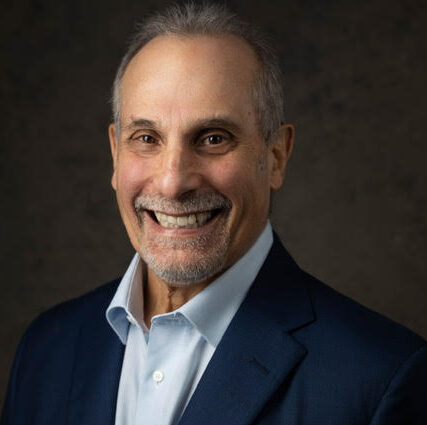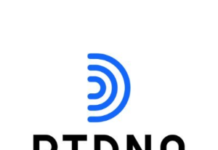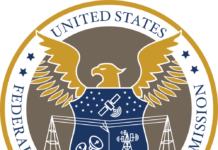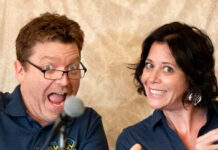
(By John Shomby) A few weeks back I stumbled on to a very interesting two-hour special called MASH – The Comedy That Changed Television Forever. It featured some new cast and staff interviews and some great show clips. Not to age myself, but I was a regular MASH viewer for most of its 11 seasons. (NO wisecracks!)
First, a quick history. The show was a spinoff of a 1970 hit movie that starred Elliot Gould (one of the Ocean’s 11 guys, by the way) and Donald Sutherland (yes, Kiefer’s dad). The expectation level was high before the show even aired. In its first season on CBS, the show was placed opposite two Sunday night ABC juggernauts, The Wonderful World of Disney and The FBI. The show finished in 46th place in the ratings BUT was up for nine Emmy awards.
The network moved them to a better time slot in the second season and the success began. It was ironic that MASH’s backdrop – The Korean War – lasted only 4 years while this show lasted 11. The final two-hour-plus episode is still the most-watched TV show of all time reaching an astounding 77% of all TV viewers that night!
What can we take away from MASH’s consistent success and apply to our radio stations and our talent?
Character selection and development is a fine art.
They assembled a relatively unknown ensemble cast who, because of an astute casting director, had immediate chemistry on AND off camera. As a matter of fact, the surviving cast survivors are still the best of friends. Fit and chemistry must be the number one consideration when assembling a multiple-personality show. The selection process may take longer, but that extra will pay off in the long run.
When a cast member left, they were replaced by someone slightly different. These exiting cast members were MAJOR players, yet they were replaced by what became more well-rounded, dynamic characters which helped existing characters grow. When you lose a show member, the first inclination is to find a similar individual to not lose “continuity”, but take a page out of the MASH book and look for someone talented but different who still meets the fit and chemistry requirements for the show. Good chance you’ll see a growth in the development of the remaining team members.
The ability to tell a story matters.
MASH was able to find humor and heart in a portable hospital somewhere in Korea. There were many laugh-out-loud moments coupled with moments that drew tears and moments that made us think. Realize that your talent should be your best storytellers. It doesn’t matter how they can talk up an intro as much as how they can navigate a serious local issue or a fun on-air promotion. Program Directors need to develop storytellers more than ever.
It pays to take risks.
The show was designed to be a comedy but found ways to inject drama. At first, it was not received well but gradually became another “staple” of the show. The most memorable was the exit of the unit’s first commanding officer which set the tone for future dramatic episodes. Check out the full story here.
Work with your talent on “stretching” their personalities whether it be during a special charity radiothon event, weather situations, or events that influence the community. Adding dimension adds the same to your station. Take some risks. Give your talent room to grow. There may be a mistake or two along the way, but the process will pay off.
Exhibit patience.
MASH’s first season was a total bust in the ratings, but the network stuck with them moving them to a better time slot the next season and the rest IS history. If you genuinely believe in your station and your talent, know that it takes time for success. Patience is definitely a virtue here.
Do yourself a favor and take the 90 or so minutes to watch the documentary (see it here). Then go back, read this again, and get rolling.
Based in Nashville, TN, John Shomby is the owner and CEO of Country’s Radio Coach. He is focused on coaching and mentoring artists, radio programmers, and on-air talent to help them grow and develop inside the radio station and the industry. Reach John at [email protected] and 757-323-1460. Read John’s Radio Ink archives here.







I like what Carter says. Small and independent operators can and should take risks. Doing so sets them apart and has the potential to do as described
“It pays to take risks.”
Well here’s your problem. The amount of debt our consolidators are holding, they can’t afford to take risks. What they do has to pay off immediately.
that’s where the small operators can swoop in and eat these guys for lunch. But few want to challenge them. The small operators think emulating the large operators is the way to make it big.
So what we are left with are syndicated morning shows, voice tracks during the other dayparts and overall boring radio. The first operator to get back to 1960s style programming is gonna make it big.
My question to Carter is where do the “small operators” get the money they need to either buy or start a radio station? Either they’re rich or they go into debt. Then they have to hire staff and pay them salary plus benefits. More debt. Next thing you know, that small operator is a million or more in the hole. You think it’s easy to run a radio station? Try it sometime. There are lots of radio stations on the market right now.
Excellent article John. I will check it out. For a number of years radio vet Ken Levine was head writer for the show. Radio had a role in the show in the late 70s. Ken was known as Beaver Cleaver on-air in San Diego and Los Angeles.
John,
That MASH special was the BEST! Radio folk..if you have not seen it..go..do it!